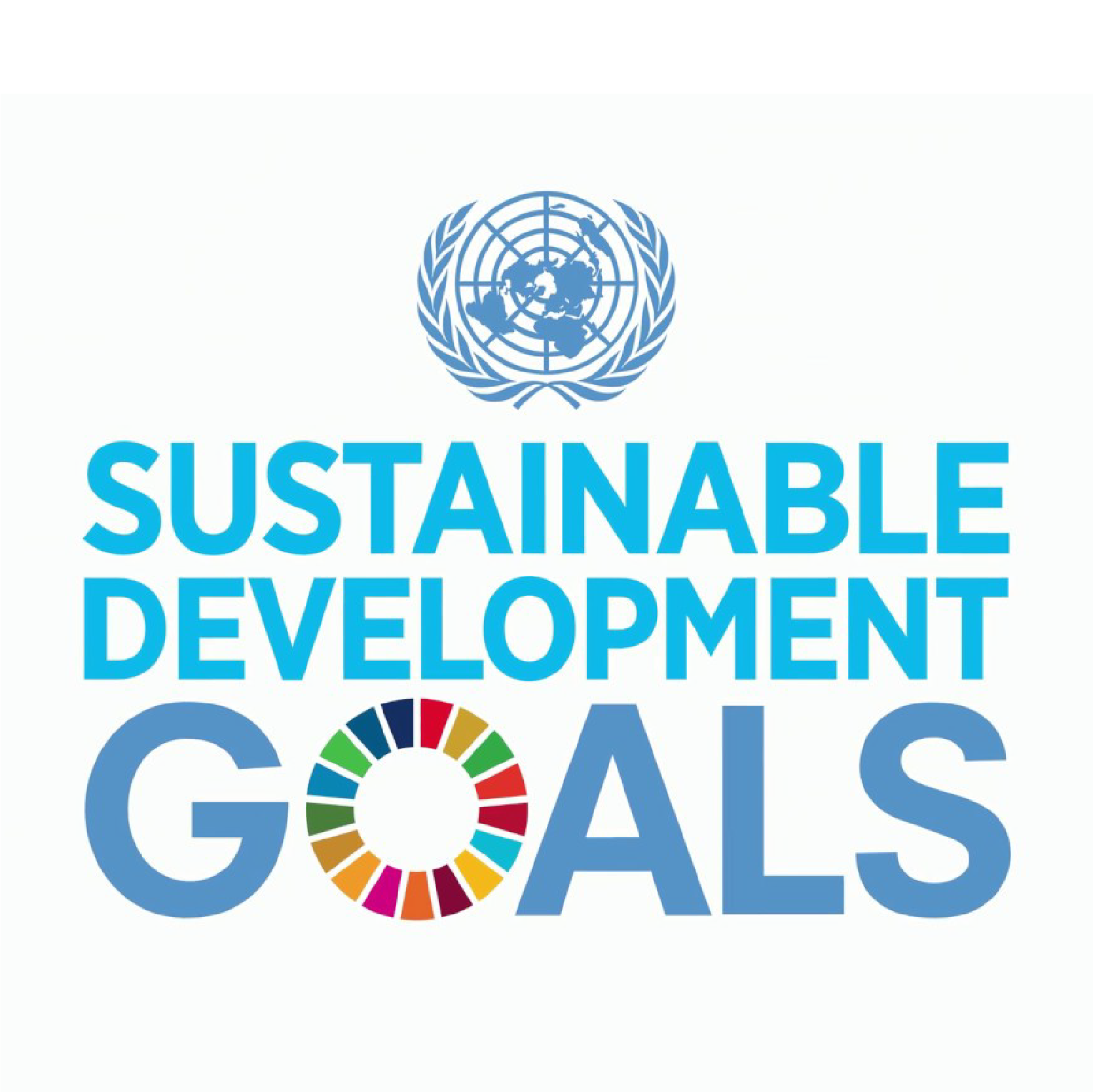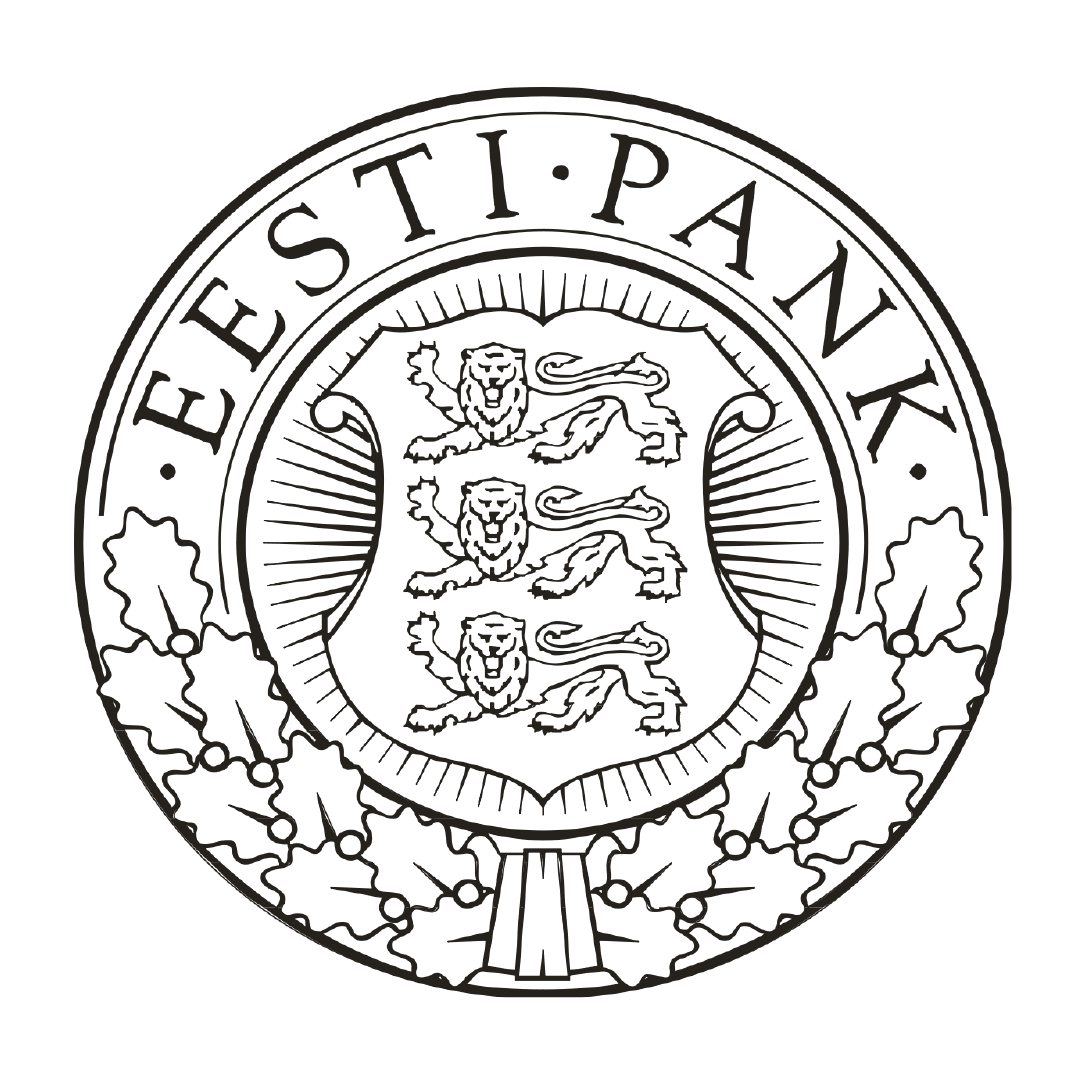MPD is an internationally recognised source for producing timely official statistics on tourism
Book a demo
When analysing and planning tourism on a national level, having the latest and most accurate data is key. By tapping into our years of research, Positium uses a methodology which:
- distinguishes tourism from non-tourism noise
- applies international standards (IMF, UNWTO, OECD, Eurostat) on tourism statistics
- produces reliable tourism statistics.
Positium has helped two countries – Estonia and Indonesia – measure visitor arrival numbers, and the data is published as official statistics. Positium uses the International Recommendation of Tourism Statistics 2008 as a guideline for its methodology.
Our preferred software for the analysis of MPD is Positium Data Mediator, which is designed to reliably process and filter raw mobile positioning data into trusted tourism statistics. Positium Data Mediator is the result of accumulating the learnings from 10 years of experience of producing official tourism statistics.
It is a pleasure to work with Positium who completed all the projects successfully and on time and we have had excellent communication with the Positium team. Currently, Positium continues to assist the Ministry of Tourism, Republic of Indonesia with the cross-border tourism statistics calculation on a service level agreement contract.
- Rizk Handayani, Deputy Minister for Marketing, Ministry of Tourism of the Republic of Indonesia
Mobile phone data has a remarkably high level of completeness and coverage for travel and border crossing statistics.
- Jaanus Kroon, Head of the Statistics Department at Eesti Pank
.png)

